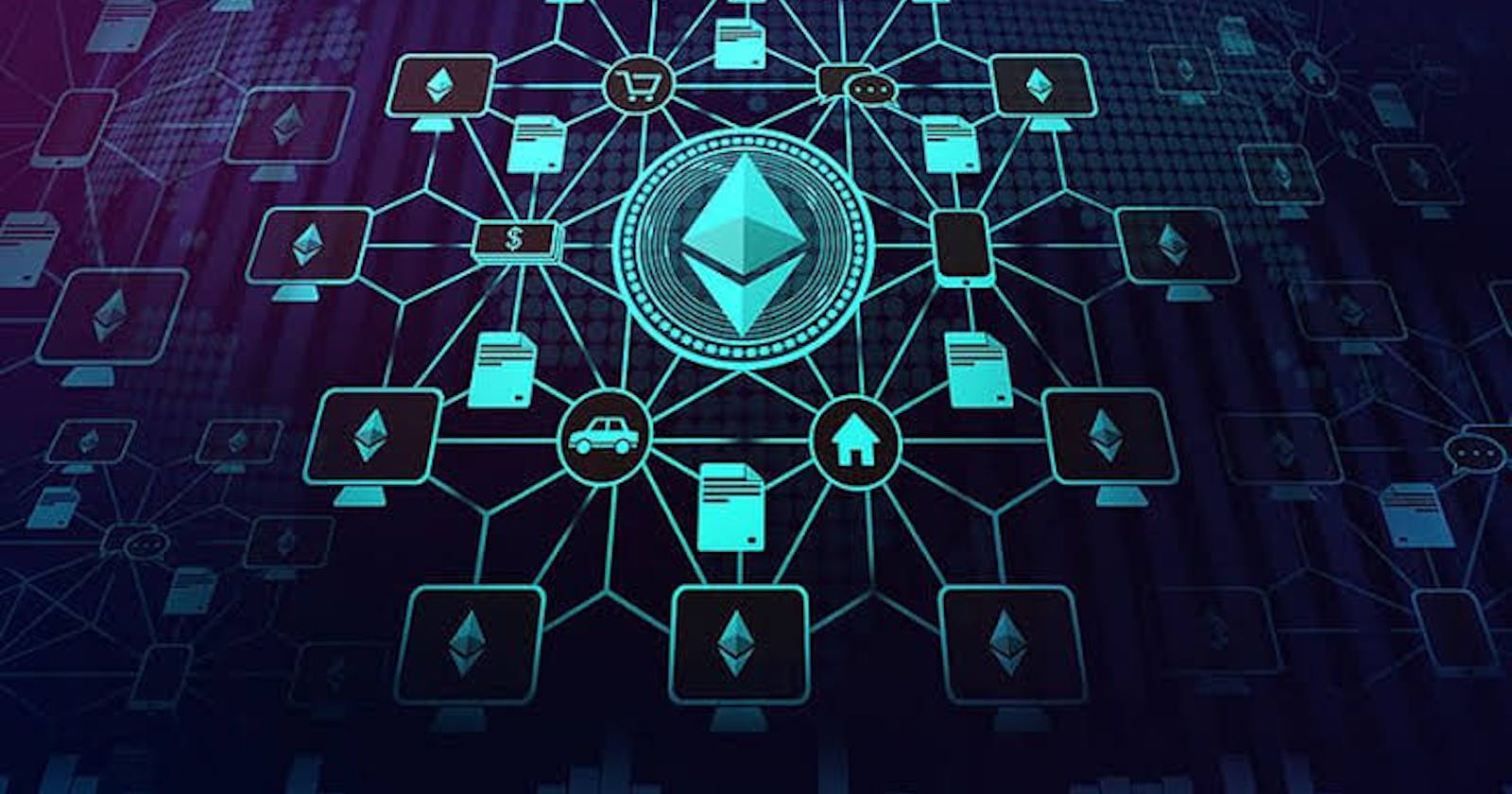Bridging Smart Contracts to the Real World with Chainlink: A Comprehensive Guide
Introduction
In the rapidly evolving world of blockchain and decentralized finance (DeFi), smart contracts have emerged as powerful tools for automating complex transactions. However, smart contracts are inherently isolated from the outside world. This isolation, on one hand, makes the smart contract truly decentralized as it does not get it's data from any centralized sources but on the other hand can limit it's functionality.
In this article, we'll explore how to bridge the gap between smart contracts and the real world by connecting them to Decentralized Exchanges (DEXs) using Chainlink oracles. We'll delve into Chainlink's documentation and provide practical code examples to help you get started.
Understanding Chainlink Oracles
Chainlink oracles act as bridges between blockchain smart contracts and external data sources. They provide a reliable mechanism for smart contracts to access real-world data, such as asset prices, weather conditions, or any other information needed to execute contract logic accurately.
#### Step 1: Setting Up Chainlink
Before we can connect smart contracts to DEXs and external data, we need to set up Chainlink. Let's go through the process.
1. **Install Chainlink Node**:
Start by installing a Chainlink node. Detailed installation instructions can be found in the ChainLink Docs
2. **Deploy Smart Contract**:
Deploy your smart contract to the blockchain of your choice. You can use tools like Truffle, Hardhat, or Remix for this.
3. **Create a Chainlink Job**:
To request data from Chainlink, you need to create a Chainlink Job. Follow the Chainlink Job Creation Guide to create a job that fetches data from an external API.
#### Step 2: Interfacing with DEXs
Now that you have Chainlink set up, let's explore how to connect your smart contract to a DEX. We'll use Ethereum and the Uniswap DEX as an example.
1. **Import Required Libraries**:
In your smart contract code, import the necessary libraries for interfacing with Chainlink and the Uniswap DEX:
import "@chainlink/contracts/src/v0.8/interfaces/AggregatorV3Interface.sol";
import "@uniswap/v2-periphery/contracts/interfaces/IUniswapV2Router02.sol";
2. **Declare Variables**:
Declare variables for Chainlink Aggregator and Uniswap Router contracts:
AggregatorV3Interface internal priceFeed;
IUniswapV2Router02 public uniswapRouter;
3. **Constructor Initialization**:
In the constructor, initialize the contracts:
constructor(address _priceFeedAddress, address _uniswapRouterAddress) {
priceFeed = AggregatorV3Interface(_priceFeedAddress);
uniswapRouter = IUniswapV2Router02(_uniswapRouterAddress);
}
4. **Requesting Data**:
Define a function to request the latest price of an asset from Chainlink:
function getAssetPrice() public view returns (int) {
(, int price, , , ) = priceFeed.latestRoundData();
return price;
}
5. **Swapping Assets**:
Implement a function to swap assets on Uniswap using Chainlink's data:
function swapAsset(uint amountIn, uint amountOutMin) external {
require(msg.sender == owner, "Only the owner can execute this function.");
require(getAssetPrice() >= int(priceThreshold), "Price is too low.");
// Perform the swap using the Uniswap router
uniswapRouter.swapExactTokensForTokens(
amountIn,
amountOutMin,
getPathForAssetSwap(),
address(this),
block.timestamp
);
}
Conclusion
By following these steps, you can connect your smart contracts to DEXs and the outside world using Chainlink oracles. This integration allows your smart contracts to make informed decisions based on real-world data, enhancing their functionality and utility in the DeFi ecosystem.
Remember that the code examples provided here are simplified for illustrative purposes. Detailed implementation may vary based on your specific requirements and blockchain platform. Always refer to the official Chainlink documentation and DEX documentation for the most up-to-date and accurate information. Happy coding!
